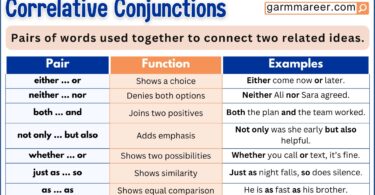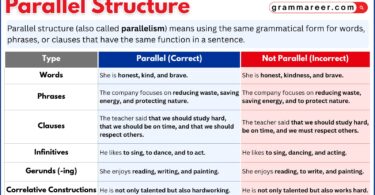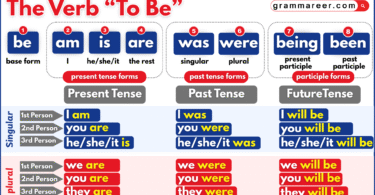In this blog post, you’ll learn how to use “seem to be” to describe appearances, impressions, or assumptions in English. This structure is useful when you’re not fully certain but want to express what something or someone appears to be. It helps in polite, indirect, and thoughtful communication. To build your grammar skills, explore more topics in our grammar section.
Table of Contents
Use of “Seem to Be” in English
Seem to be means: لگنا / محسوس ہونا.
It is used when we want to describe how something appears or feels based on our observation or impression.
Seem to be is often followed by a noun, adjective, or verb in its -ing form.
We also use “seems” and “seemed” depending on the tense.
Structure
Subject + seems / seemed / seem to be + adjective/noun/verb(-ing)
Examples of “Seem to Be”
- It seems he won’t convey the message.
لگتا ہے وہ پیغام نہیں دے گا۔ - He seems to be your roommate.
وہ تمہارا کمرے کا ساتھی لگتا ہے۔ - They seem to be coming.
لگتا ہے وہ آ رہے ہیں۔ - She seems to be posing.
لگتا ہے وہ بناوٹ کر رہی ہے۔ - He doesn’t seem to be getting well.
لگتا نہیں ہے وہ ٹھیک ہو رہا ہے۔ - They don’t seem to be working.
لگتا نہیں ہے وہ کام کر رہے ہیں۔ - He seems to have forgotten to talk.
لگتا ہے وہ بات کرنا بھول گیا ہے۔ - It seems he did not talk to his father.
لگتا ہے اس نے اپنے والد سے بات نہیں کی۔ - He seems a bit clever.
وہ تھوڑا چالاک لگتا ہے۔ - He still seems to be interested in her.
لگتا ہے اسے ابھی تک اس میں دلچسپی ہے۔ - It seems it will hail today.
لگتا ہے آج اولے پڑیں گے۔ - Didn’t his mother seem to be upset?
کیا اس کی والدہ پریشان نہیں لگتی تھیں؟ - Now, he seems to be really serious.
اب لگتا ہے وہ واقعی سنجیدہ ہو گیا ہے۔ - It seems your brother will succeed this time.
لگتا ہے تمہارا بھائی اس دفعہ کامیاب ہو جائے گا۔ - It seems the danger is over.
لگتا ہے اب خطرہ ٹل گیا ہے۔ - He seems over forty.
چالیس سے اوپر کا لگتا ہے۔
Conclusion
“Seem to be” is a useful expression to describe appearance, behavior, or feelings without being too direct. It helps us express our perception of a person or situation politely or cautiously.
You May Also Like



